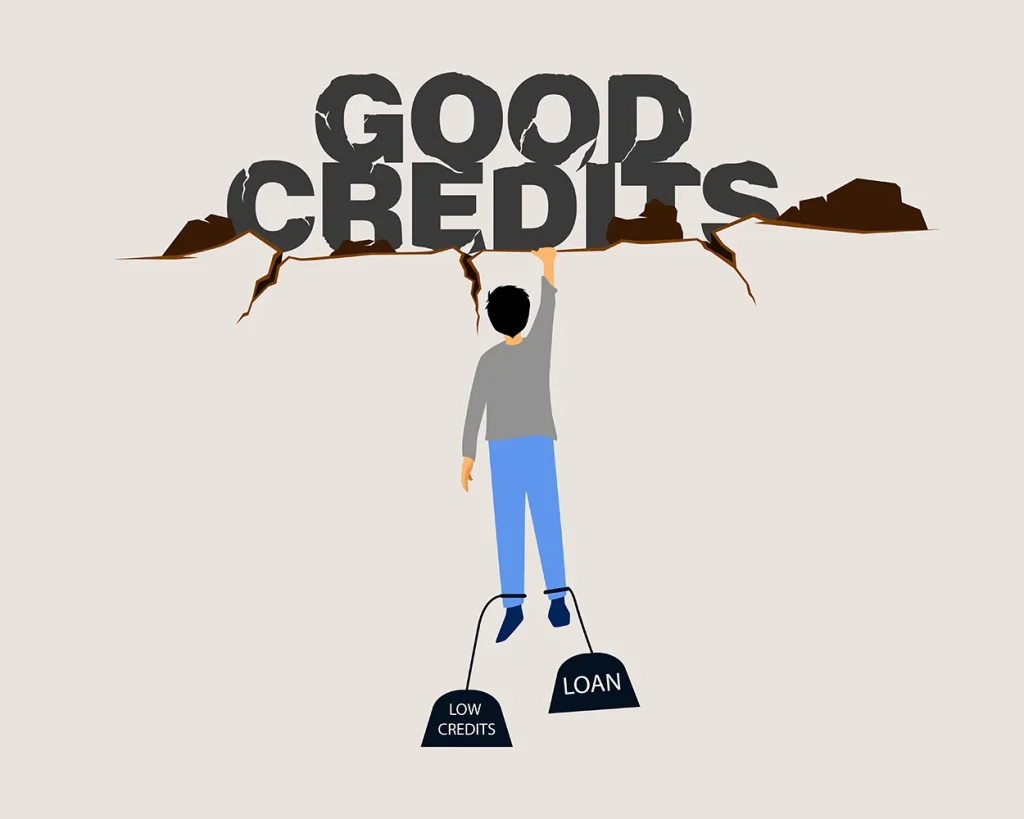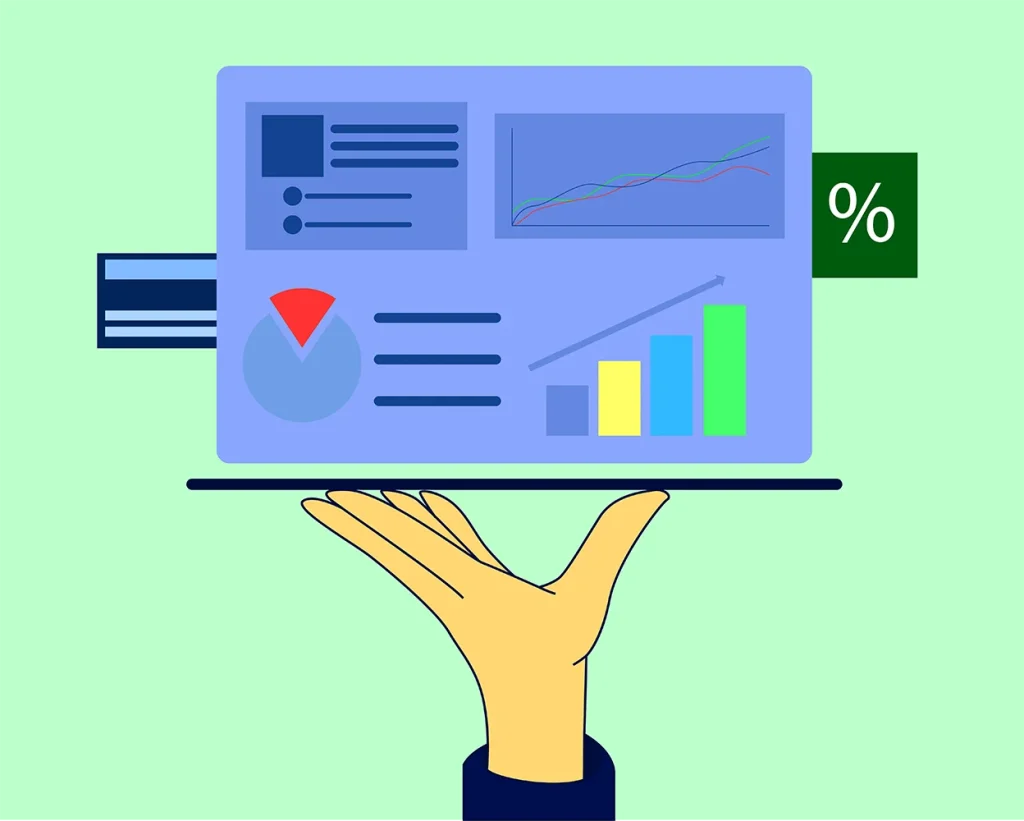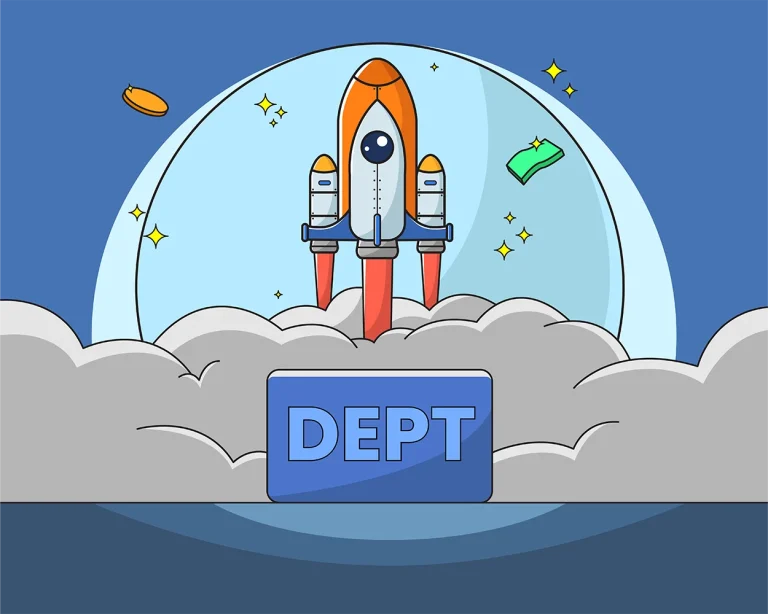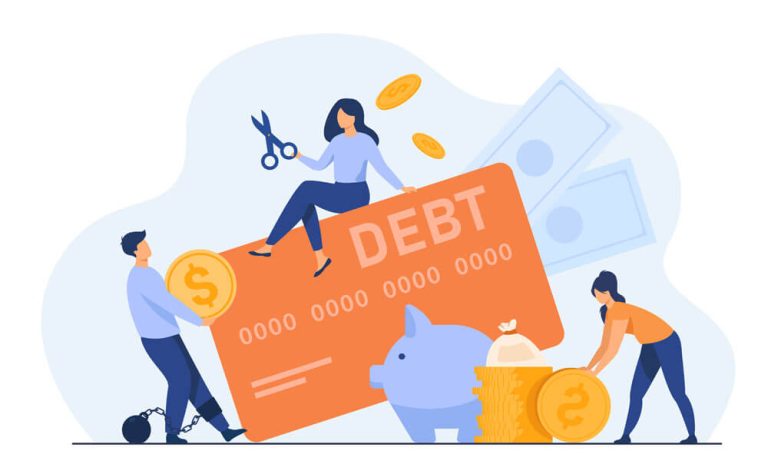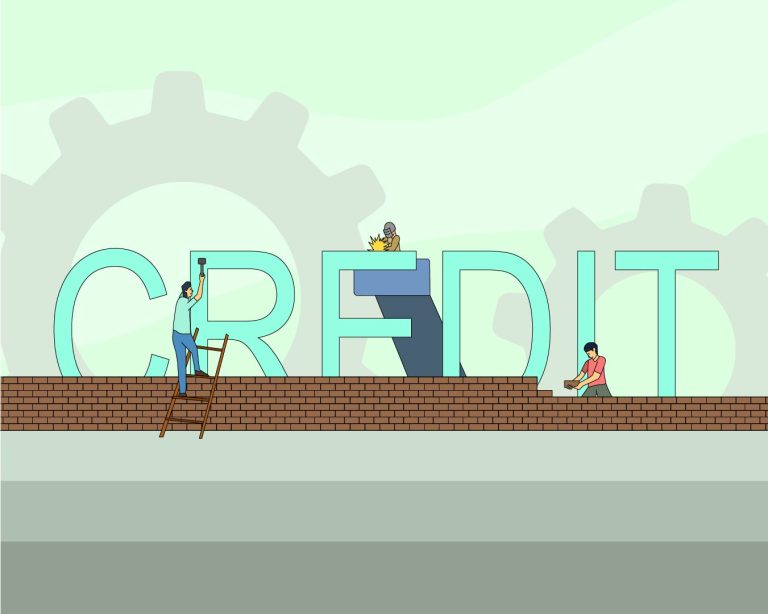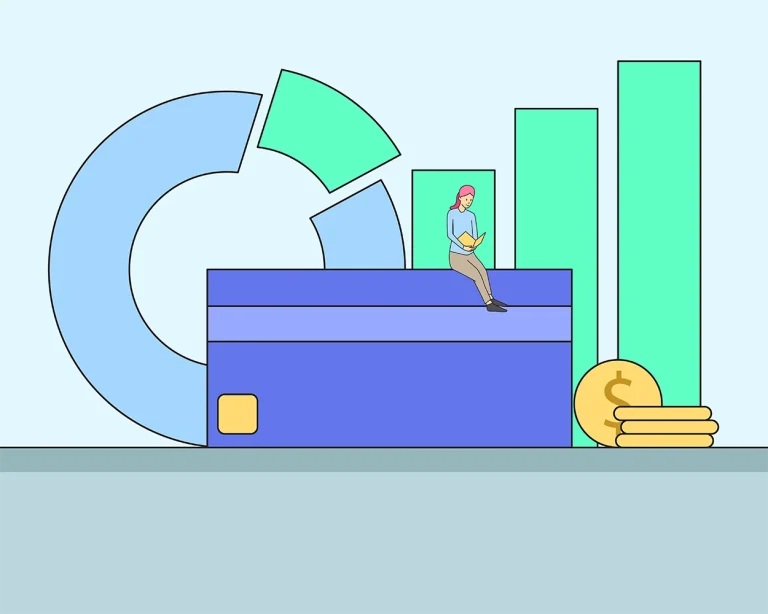A debt consolidation mortgage refinance is a financial strategy that allows homeowners to use their equity to pay off high-interest debts. By refinancing the mortgage and rolling other debts into lower interest, simplify monthly payments, reduce interest, and improve credit score.
Long-Term Savings with Low APRs
Debt consolidation mortgage refinance leads to long-term savings by securing a lower Annual Percentage Rate (APR). By consolidating debt into a mortgage, homeowners get access to a more favorable rate, saving thousands of dollars over the life of the loan. Here are ways for long-term savings:
- Leverage Home Equity: Use the equity in home to pay off higher-interest debts such as credit cards and personal loans.
- Lower Monthly Payments: Consolidating debt into one mortgage lowers monthly payments by extending the loan term.
- Improve Credit Score: Reduces credit utilization and helps increase the credit score by eliminating revolving credit balances.
How Home Equity Pay-Off High-Interest Debt?
Home equity is used to pay-off high interest debt through techniques like cash-out refinancing. It allows access to funds from home equity to pay debts like credit cards or car loans at lower interest rates. Let’s learn how it pays off high-interest debt:
- Single Monthly Payment: Consolidating multiple debts into mortgage streamlines finances into one predictable payment. Therefore, it reduces the risk of missed deadlines.
- Tax Advantages: In some cases, interest on home equity loans used for home improvements are tax-deductible. But it does not apply to debt payoff and to do that consult a tax advisor.
- Improve Debt-to-Income Ratio: Paying off revolving debt improves DTI ratio. It is beneficial when applying for future loans or refinancing.
- Flexible Loan Size: Loan borrowing is done based on available equity which is typically up to 80% of the home’s appraised value. Thus offering significant funds.
How Does it Benefit Credit Score?
Paying off high-interest credit card debt with mortgage funds reduces credit usage, and is considered a major factor in credit scoring. Some ways it improves credit score are:
- On-Time Mortgage Payment: Mortgage payments are reported monthly on credit bureaus. Therefore, timely payments build a positive credit history.
- Fewer Accounts with Balances: Consolidating multiple debts into one mortgage account simplifies the credit profile and boosts the score.
- Improve Credit Mix: Having a mortgage in addition to other forms of credit demonstrates responsible use of different credit types. Thus, it positively influences the credit score.
Risk of Rolling Unsecured Debt
If a credit card is unsecured it means it is not tied to an asset. So, converting it into mortgage debt puts the home at risk if it defaults. Here are some risks to know:
- Longer Repayment Period: Spreading credit card debt over a 14-30-year mortgage term could mean paying more in total interest, even if the rate is less.
- Higher Closing Costs: Refinancing often includes fees like appraisals, title insurance, and closing costs. These can outweigh the benefits of consolidation if not managed wisely.
- Interest Deductibility Limits: Mortgage interest is only tax-deductible under certain conditions. Thus, interest on debt used for non-home-related expenses might not qualify.
- Equity Depletion: Using home equity reduces what’s available for future needs like home improvement, emergencies, or retirement.
Conclusion
A debt consolidation mortgage refinance offers a powerful way to simplify finances, reduce interest costs, and boost long-term financial health. By strategically using home equity, it can lead to meaningful credit score improvement and future financial flexibility. For optimal results, consider working with a trusted credit score improvement service.



